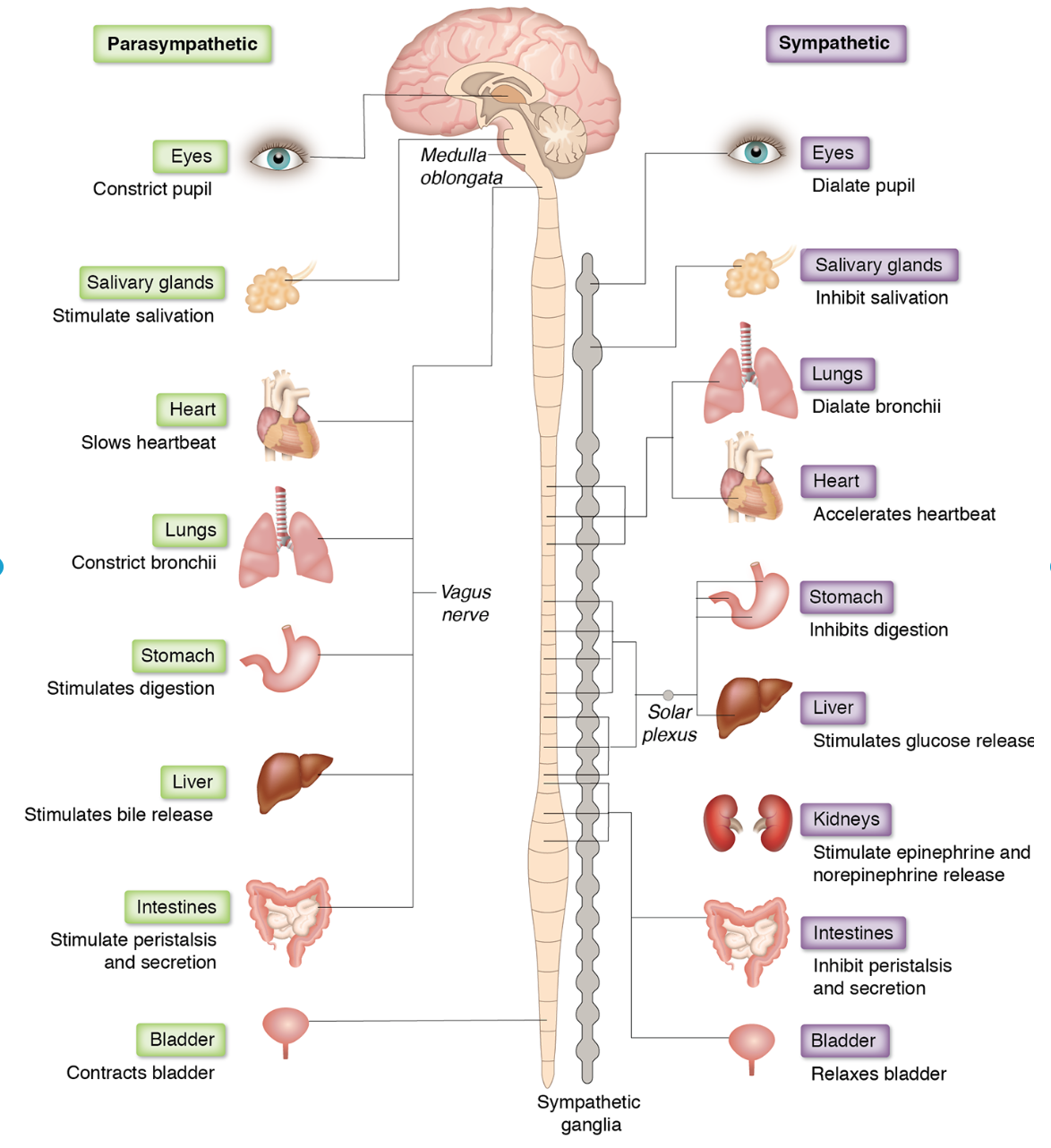How does Acupuncture help to reduce stress?

Stress, as well as anxiety and depression, is a common issue that people turn to Acupuncture for to find relief. Chronic stress manifests itself in a variety of ways and can have detrimental physical, emotional, cognitive and behavioral effects.
Physical symptoms may include low energy, headaches, digestive issues, aches and pains, tense muscles, insomnia, chest pain, tachycardia, loss of sexual desire, frequent or recurring illness, nervousness, tinnitus, clenched jaw and grinding teeth.
Emotional symptoms may include frustration, agitation, mood swings, feeling overwhelmed, inability to relax and quiet the mind, loneliness, low self esteem, depression, social isolation.
Cognitive symptoms may include racing thoughts, constant worrying, disorganized thoughts, forgetfulness, poor judgment, pessimism.
Behavioral symptoms may include over eating, under eating, procrastinating, avoiding responsibilities, alcohol and substance abuse, tobacco use, nervous behaviors such as nail biting, fidgeting and pacing.
When symptoms of too much stress are left unchecked they can progress to become more life altering conditions. Among these are mental health problems such as depression, anxiety and personality disorders; cardiovascular disorders such as heart disease, high blood pressure, arrhythmias, heart attacks and stroke; GI problems such as GERD, gastritis, ulcerative colitis, and IBS; Skin and hair problems like acne, psoriasis, hair loss and eczema; and others such as menstrual problems, loss of sexual desire, impotence and ED in men, obesity and eating disorders.
What links all of these signs and symptoms together is the central nervous system (CNS). Acupuncture is a powerful and safe way to create beneficial changes in the CNS, which is why most people report a reduction in stress after each and every acupuncture treatment session. To understand this further, let’s take a look at the two main divisions of the autonomic nervous system, which control the unconscious bodily functions like heart rate, breathing, and digestion. They are the sympathetic nervous system (SNS) and the parasympathetic nervous system (PNS).
Stress triggers the SNS, which is responsible for our “fight or flight” response and is a primal unconscious reaction to confrontation, fear and danger. Under normal conditions the “fight or flight” response is needed to prepare the body for confrontation. The pupils dilate to take in more light, heart rate increases and our airways open up, glucose is released into the bloodstream, adrenaline secretion increases, digestion and urination is inhibited. When these stress responses become chronic our body systems take a beating and overtime develop into the signs and symptoms listed above.

The opposite of “fight or flight” is “rest and digest” which is controlled by the PNS. When the PNS is activated the pupils contract, heart rate slows and airways constrict, digestion and peristalsis is stimulated and the liver is stimulated to release bile. This is why people with chronic digestive problems often report a decrease in symptoms while they are on vacation. In general, the PNS gets the body ready for relaxation, digestion and overall feelings of calm and wellbeing.
So how do you know if your body is spending too much time in “fight or flight” vs “rest and digest”? Aside from signs and symptoms associated with chronic states of stress, heart rate variability (HRV) is an outcome measure used in studies to measure tone in the vagus nerve and is an indicator of how much time you spend in either sympathetic or parasympathetic mode. Low HRV is associated with chronic SNS activation, heart disease, stress, anxiety, depression, and high blood pressure whereas high HRV indicates more normal returns to resting state and an overall healthier lifestyle, even emotions, reduced stress, better performance, and improved day-to-day functioning.

When HRV is within normal ranges it has a positive effect on our central autonomic network (CAN), which refers to parts of our brain involved in executive functioning, working memory, and gathering and organizing information from the mind and body to properly negotiate and respond to present moment experiences. A healthy CAN is key to being present in the moment and is crucial to successful performance in response to a wide range of social and cultural situations.
CAN also inhibits SNS and promotes greater time spent in PNS “rest and relax” mode, which supports HRV at optimal levels and increases executive functioning and leads to better adaptation to circumstances, more effective and accurate decision making, greater focus, decreased risk of heart disease, heart attacks, stress, anxiety and depression, and improved overall happiness.
To tie all of this together, a 2012 meta-analysis of studies on Acupuncture and HRV found that Acupuncture can improve HRV scores and lead to a healthier CAN and greater balance in the nervous system. This helped people improve their symptoms, which in this meta-analysis were hypertension, heart disease, mild anxiety and depression, insomnia, migraines and muscle pain.

People who respond well to Acupuncture report:
- More stable mood, calmness
- Improved circulation
- Happier, more consistent sense of ease
- Improved self esteem
- Decreased anxiety
- Free of aches and pains
- Improved digestion
- Improved libido
- Greater focus
- Clearer thinking
- Healthier appetite